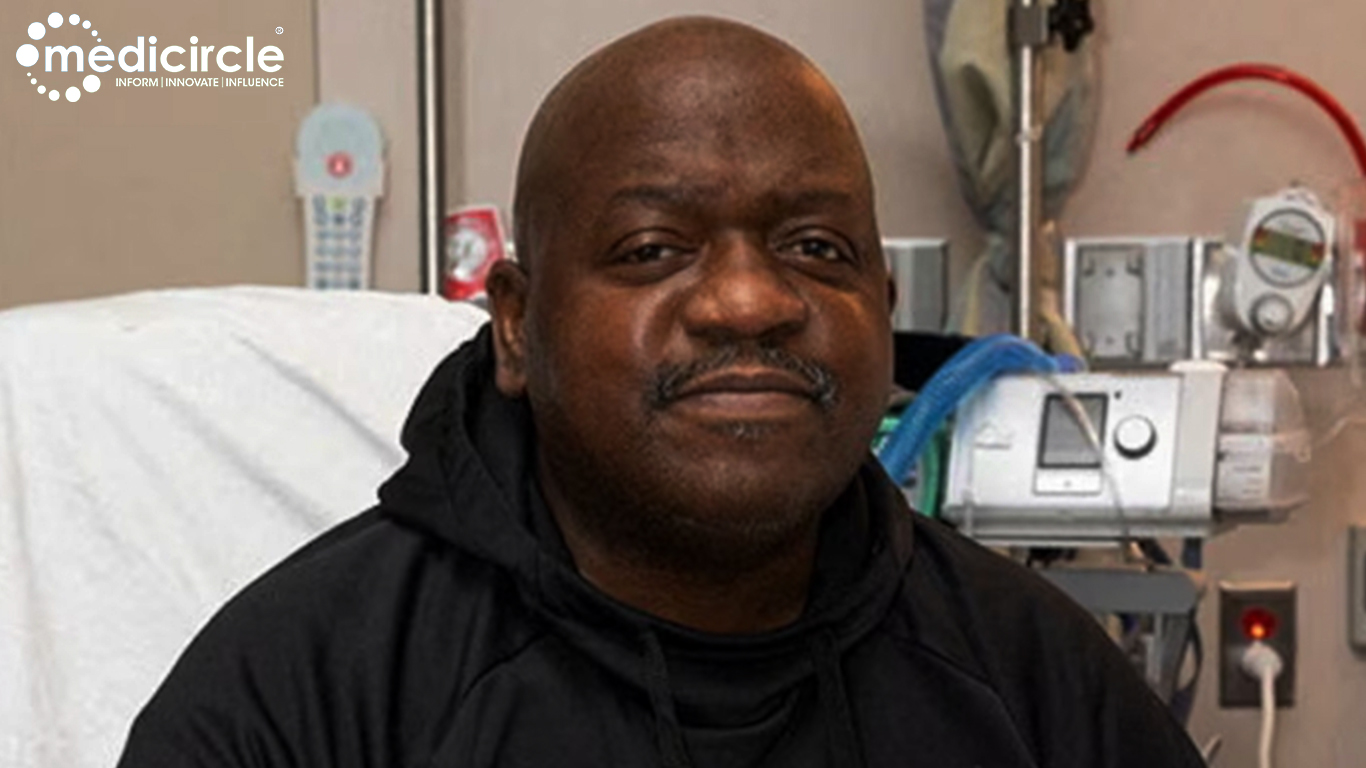Two uncommon neurologic conditions in patients hospitalized with COVID-19 include more proof that unordinary neurologic appearances can emerge in patients tainted with the infection.
A 50-year-elderly person created a Miller Fisher condition and a 39-year-elderly person created polyneuritis cranialis.
Both are variations of Guillain-Barré disorder (GBS), which doctors in China and Italy additionally connected to COVID-19 contamination, as recently detailed by Medscape Medical News.
In the two cases, doctors made the analyses dependent on anomalous eye assessments. The two patients reacted to treatment and improved more than about fourteen days, with just the 50-year-old including the remaining side effects of anosmia and ageusia.
The report was distributed online on April 17 in Neurology.
The 50-year-elderly person was admitted to a crisis live with a temperature of 99.9°F (37.7°C). He announced two days of vertical diplopia, perioral paresthesias, and stride shakiness. His neurologic assessment indicated flawless intellectual capacity and language.
Five days sooner he built up a hack, disquietude, migraine, low back torment, fever, anosmia, and ageusia.
His neuro-ophthalmologic assessment demonstrated right hypertropia in all fields of look, serious confinements to the adduction and downgaze developments of his correct eye, and left eye nystagmus on the left look. These discoveries were steady with right internuclear ophthalmoparesis and right fascicular oculomotor paralysis.
He reacted to intravenous (IV) immunoglobulin treatment and was released home fourteen days after confirmation.
The 39-year-elderly person was admitted to the crisis live with intense beginning diplopia and ageusia. Three days sooner he had given looseness of the bowels, a second rate fever and in for the most part poor condition, with no migraine, respiratory manifestations, or dyspnea.
He demonstrated esotropia of 10 crystal diopters at separation and 4 crystal diopters at the close, extreme kidnapping shortages in the two eyes, and obsession nystagmus, with the upper look progressively hindered, all predictable with respective abducens paralysis.
The patient was released home and treated apparently with acetaminophen and telemedicine observing "because of a total emergency clinic immersion with COVID-19 patients," compose the specialists, drove by Consuelo Gutiérrez-Ortiz, MD, Ph.D., Hospital Universitario Príncipe de Asturias, Madrid, Spain, compose.
After fourteen days, he had made a total neurologic recuperation with no ageusia, complete eye developments, and ordinary profound ligament reflexes.
"Fisher disorder and polyneuritis cranialis in these two patients with the SARS-CoV-2 contamination could be essentially fortuitous. In any case, considering the fleeting relationship, we feel that COVID-19 may have been liable for the advancement of these two neurological pictures," the creators note.

 Two rare neurologic conditions in patients hospitalized with COVID-19 add more evidence that unusual neurologic manifestations can arise in patients infected with the virus
Two rare neurologic conditions in patients hospitalized with COVID-19 add more evidence that unusual neurologic manifestations can arise in patients infected with the virus

























.jpeg)






